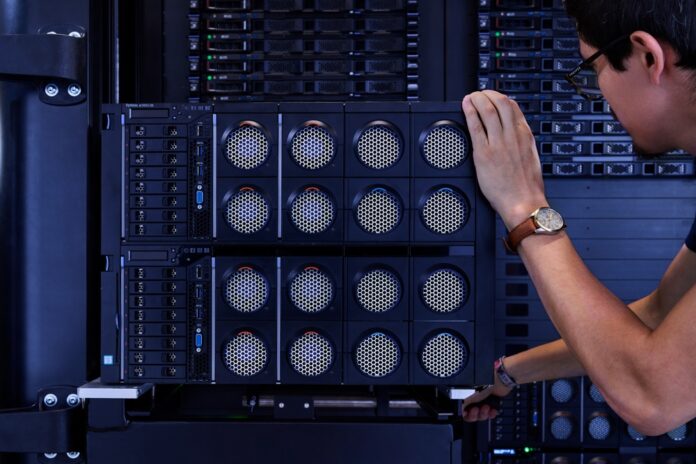First it probed the pipes, now to examine the contents
Investigations into the telecoms industry’s contribution to climate change are doubling down in France with a new focus on the consumables, according to Data Center Dynamics. It reports that the French telecoms regulator, Arcep, is holding a new consultation with France’s mobile network operators in order to measure the environmental impact of all the consumption.
Arcep has been collecting data since 2020 and in April 2021 published the first edition of its “green barometer,” intended to measure the footprint of the infrastructure of nation’s telecoms networks, says the report. Data centers consume about 200 terawatt-hours (TWh) of electricity, or nearly 1% of global electricity demand, contributing to 0.3% of all global CO2 emissions, according to the International Energy Agency. Some put the figure much higher.
For its next edition of the Arcep barometer, the regulator plans to add information about the data centres that telecoms companies use and all the associated devices that interact with them. Arcep describes it as “a tool designed to inform public debate and the crafting of a low-carbon strategy for the digital sector.” This new investigation involves auditing the complete smorgasboard of consumables, detailing everything from tablets to TVs, smart phones through security cameras to set-top boxes, taking in all the computers, hubs and routers that connect them.
The first annual survey used data from France’s four main telecoms operators Orange, Bouygues Telecom, Free Mobile and SFR. This exercise tracked their environmental footprint over time. The first edition only looked at those operators, and reported on their greenhouse gas emissions, and their networks’ energy consumption; as well as their mobile phone sales, and any policies on collection, refurbishment and recycling.
Building on that, Arcep wants to look deeper into the footprint of the devices and account the data centres which do the heavy lifting in any online activity. Arcep says consumer devices make up 79 percent of the carbon footprint of digital technology in France, so it is asking companies to report on how many devices are in circulation their lifespan, their greenhouse gas emissions, and the amount of rare earth and precious metals they contain.
For data centres, the regulator wants to know their greenhouse gas emissions, their energy consumption, and the volume and sources of water they use.
The green barometer was conceived in a 2020 Arcep report, “Achieving digital sustainability.” The government commissioned the work within the “Chaize Act,” named after Senator Patrick Chaize which is aimed at “reinforcing regulation of the digital sector.”
The Chaize Act gives Arcep powers to demand environmental data from data center operators, service providers, network companies, consumer device makers, and others in the sector. Arcep is consulting with telecoms industry participants on how to interpret the new data in its annual survey, and has asked for comments by the end of September.



